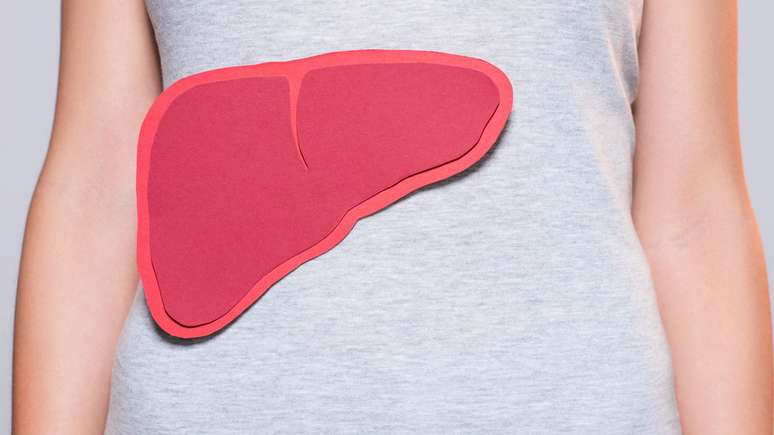Know the habits that damage the liver and find out how to take care of this vital organ. Prevention and healthy habits are fundamental to avoid serious diseases
The liver performs essential functions for the balance of the body, being responsible for filtering toxins, metabolizing nutrients and producing fundamental substances for digestion. Despite its regeneration ability, this organ can be influenced by daily practices that often go unnoticed. The development of liver diseases can occur in silence, attracting attention to habits that directly affect health.
Among the main risk factors for liver problems are the Alcohol consumption, inadequate food, indiscriminate use of medicines, physical inactivity and smoking. Each of these behaviors can contribute to the emergence of conditions such as liver steatosis, hepatitis, cirrhosis and even liver insufficiency. Knowing the effects of these practices is essential to adopt preventive measures and preserve liver function.
Which habits can damage the liver?
The liver can be compromised by different habits, even in the absence of evident symptoms. Excessive consumption of alcoholic beverages is one of the best known factors as it overloads the organ and can cause inflammation and scarring. In addition, a diet rich in saturated fats, sugars and ultra -elaborate foods promotes the accumulation of fat in liver cells, increasing the risk of diseases such as liver steatosis.
Another relevant aspect is the frequent use of medicines without medical advice, in particular painkillers such as the Paracetamol. High doses or prolonged use can generate toxins that damage liver cells. Physical inactivity also contributes to the accumulation of fat and makes metabolism difficult, while smoking exposes the organ to toxic substances that increase the risk of injuries and liver cancer.
How to identify the signs of the problem?
Hepatic diseases often evolve discreetly, with non -specific symptoms in the early stages. Among the most common signs there are persistent fatigue, abdominal discomfort, nausea and loss of appetite. In more advanced cases, manifestations such as jaundice may arise, characterized by the yellow of the skin and eyes, as well as swelling in the legs and abdomen.
It is important to note that early diagnosis increases the chances of success in the treatment. Therefore, it is recommended to perform laboratory exams and image for people with risk factors or symptoms that suggest liver changes.
How to protect?
The adoption of healthy habits is the main strategy to maintain the organ in good condition. Some practical recommendations include:
- Moderation in alcohol consumption: Limit the intake of alcoholic beverages and interlacked days without consumption assists in the recovery of the organ.
- Balanced food: Give the priority to fruit, vegetables, whole grains, legumes and fish, reducing transformed foods, fried foods and sugars.
- Responsible use of medicines: Always follow the medical guidelines and avoid car -medion, especially with painkillers.
- Regular practice of physical activity: Walking, aerobic exercise and resistance training help to control the weight and improve the metabolism.
- Avoid smoking: The arrest of smoking reduces exposure to toxic substances and reduces the risk of liver diseases.
- Adequate hydration: Finally, the maintenance of water consumption helps in natural hepatic detoxification processes.
Ignoring liver care can lead to serious complications such as progression towards cirrhosis, liver failure and cancer development. These conditions can significantly compromise the quality of life and request complex treatments, including transplant in serious cases. Therefore, prevention is always the safest way to ensure the correct functioning of this vital organ.
Source: Terra
Ben Stock is a lifestyle journalist and author at Gossipify. He writes about topics such as health, wellness, travel, food and home decor. He provides practical advice and inspiration to improve well-being, keeps readers up to date with latest lifestyle news and trends, known for his engaging writing style, in-depth analysis and unique perspectives.





![Such a wonderful sun in advance: Summary of the episode on August 21, 2025 [SPOILERS] Such a wonderful sun in advance: Summary of the episode on August 21, 2025 [SPOILERS]](https://fr.web.img5.acsta.net/img/d3/05/d305bc2e988868b047486aa1f425d806.jpg)


